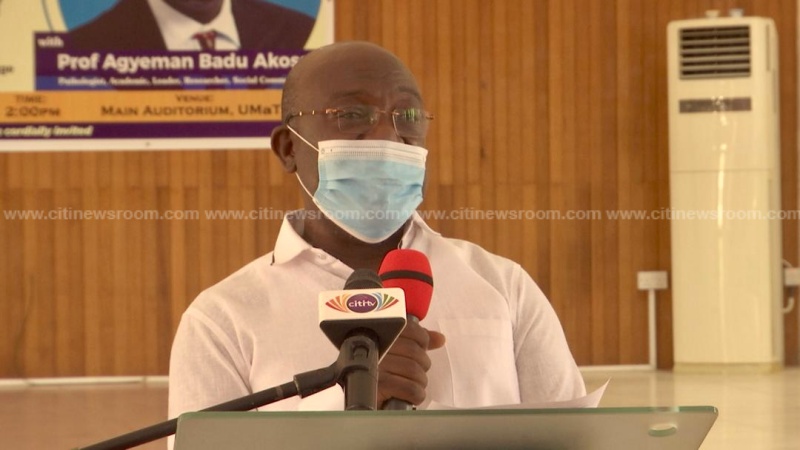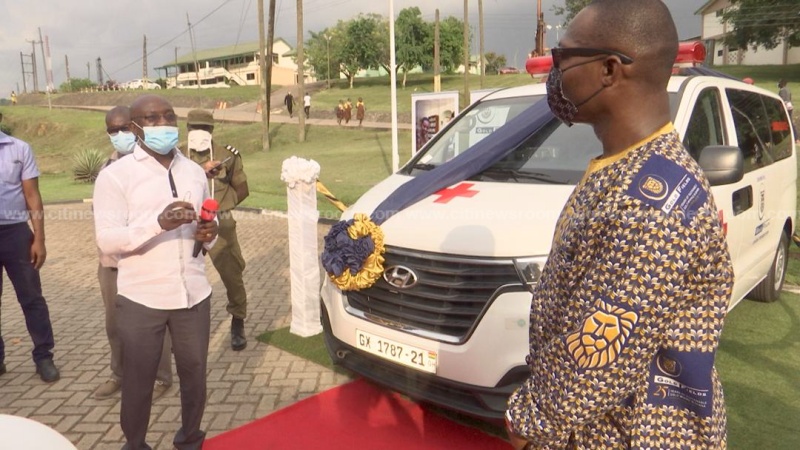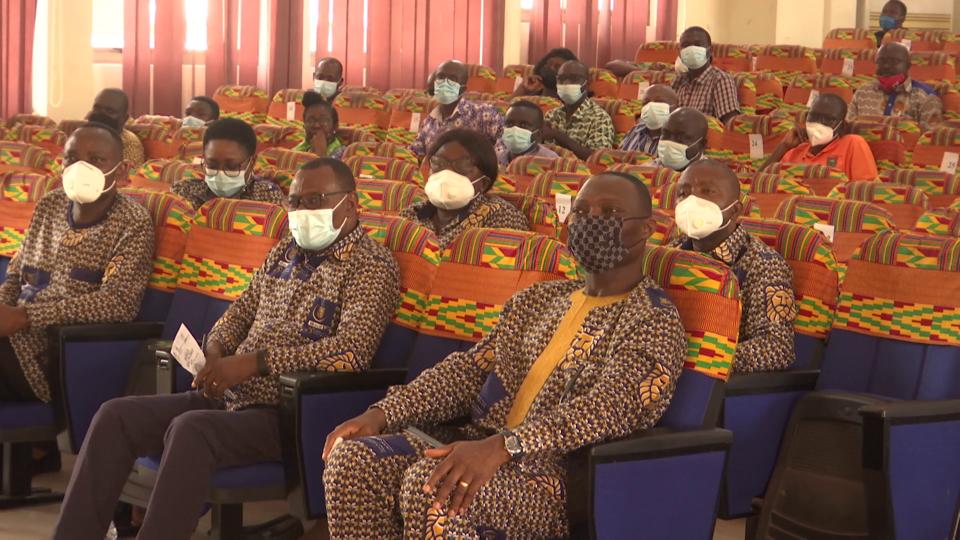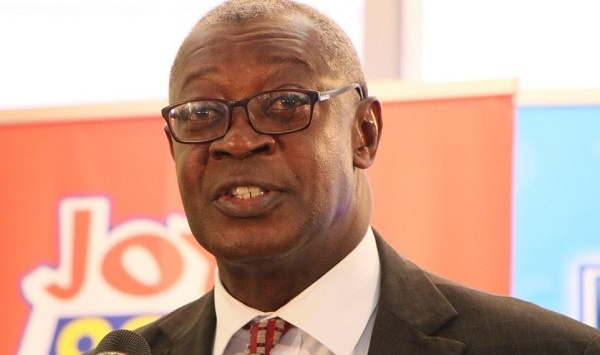A former Director-General of the Ghana Health Service, Professor Agyeman Badu Akosa, says Ghana’s Health system is overburdened.
Speaking at a Health seminar dubbed “silent killers-A Public Health Challenge” organized by the University of Mines and Technology (UMaT) and the University Teachers Association of Ghana to mark this year’s World Health Day in Tarkwa, he called on the citizenry to take control of their health and practise preventive healthcare including regular medical checkups.
“Diseases like hypertension, diabetes, kidney disease and cancers…are all preventable to a large extent if you are knowledgeable about what to do, what to eat, the quantity to eat and doing everything in moderation. Sleep well, drink enough water to sustain your body systems, sleep for eight hours and exercise regularly. Already our health system is so laboured. I have been a Director General before and I cannot in good faith say that our health system can support the illnesses that we have, so the onus is on us to make sure we have an annual check-up. Make sure you know what is happening to your body. If you exercise, and you eat well, and you sleep well, I believe you will be a lot healthier and to face the challenges of this world”, he said.

Also speaking at the same event, the Vice Chancellor of the University of Mines and Technology, Professor Richard Kwesi Amankwah, said there are other environmental factors besides hereditary and health factors that contribute to the silent killers.
Prof. Amankwah said research conducted by UMaT shows that water bodies around the country are gradually accumulating poisonous chemicals thus contributing to silent health issues and deaths.
“The research we have done on campus here indicate that the water bodies around us are gradually accumulating high levels of nickel, cadmium and lead. Tracing to the source, we realized that it is because of the careless disposal of nickel, cadmium and lead from our used phone batteries that these elements are found in our water bodies. As we throw away phones, especially when their batteries die off, and you throw them away in the environment, they interact. The rains beat it, micros act on it, nickel and cadmium dissolve, they find themselves into the waterways and nobody at Ghana Water Company checks of nickel or cadmium as they only check for bacteria and faecal colophons.”
“So if you have mercury from small scale mining, and you have nickel as well as cadmium in there from used batteries, they may not pick it. So eventually you may be drinking or using it to cook food, it enters the food chain and the rest is history. So I would encourage people to have regular medical check-ups to help detect silent life-threatening health issues that might kill you untimely”, he said.

Gold Fields Ghana Limited which supported the health day seminar used the occasion to donate a brand new ambulance costing $35,500 to UMaT.
The Executive Vice President and Head of Gold Fields West Africa, Alfred Baku, while explaining the rationale for the donation also promised to support the university to build a health centre.
“UMaT and Gold Fields have built strong ties. This is not because UMaT is within our host community, but we are partners in talent and industry development. UMaT does a lot for the mining industry in terms of advising us following their research that they do, and also training talent for us to fill critical roles.”
“Last year we got a request from UMaT for an ambulance and others. Our Tarkwa Mines through the Gold Fields Ghana Foundation has procured a brand new equipped ambulance costing $35,500 for the university in fulfilment of that request. This ambulance would enhance UMaT’s preparedness for emergencies to save lives, and it is in commemoration of World Health Day. We have plans to support the construction of a health centre soon for the care of students”, he said.

A report from the Ghana Health Service shows that non-communicable diseases such as diabetes and cardiovascular diseases kill an estimated 86,200 persons in Ghana each year with 55.5% of them aged less than 70 years with 58% of males being affected.

